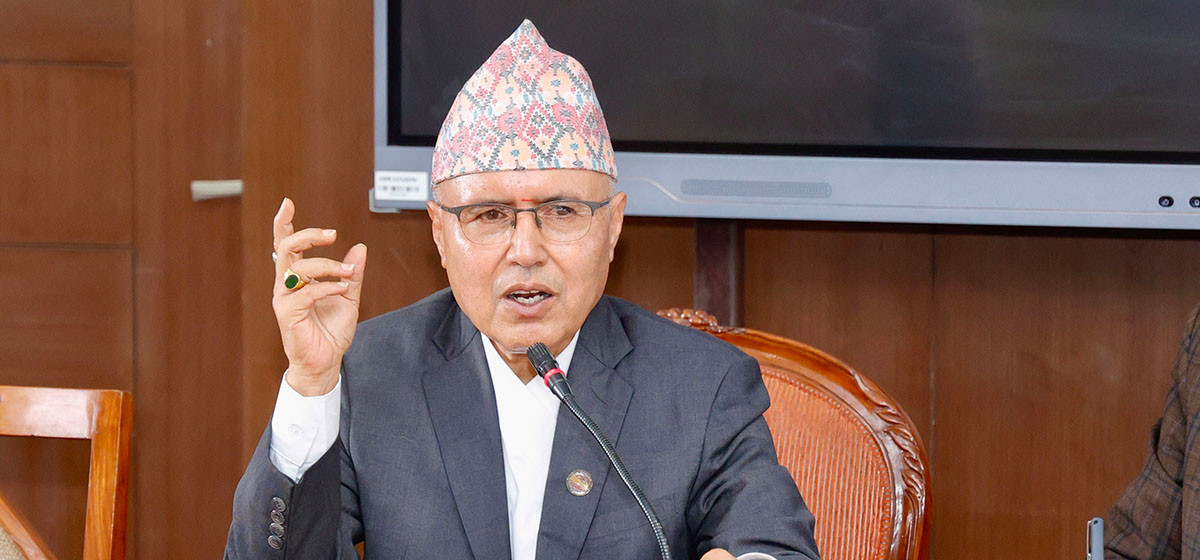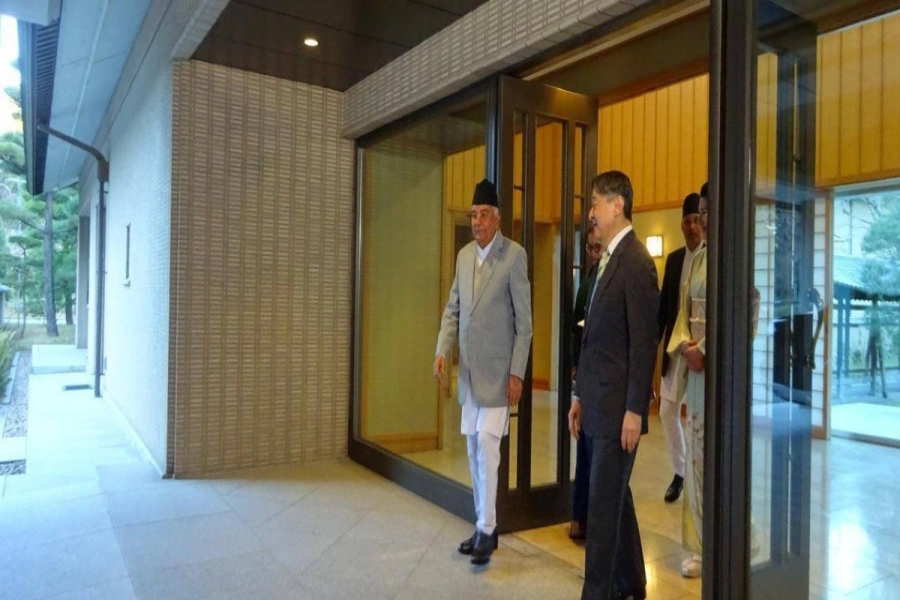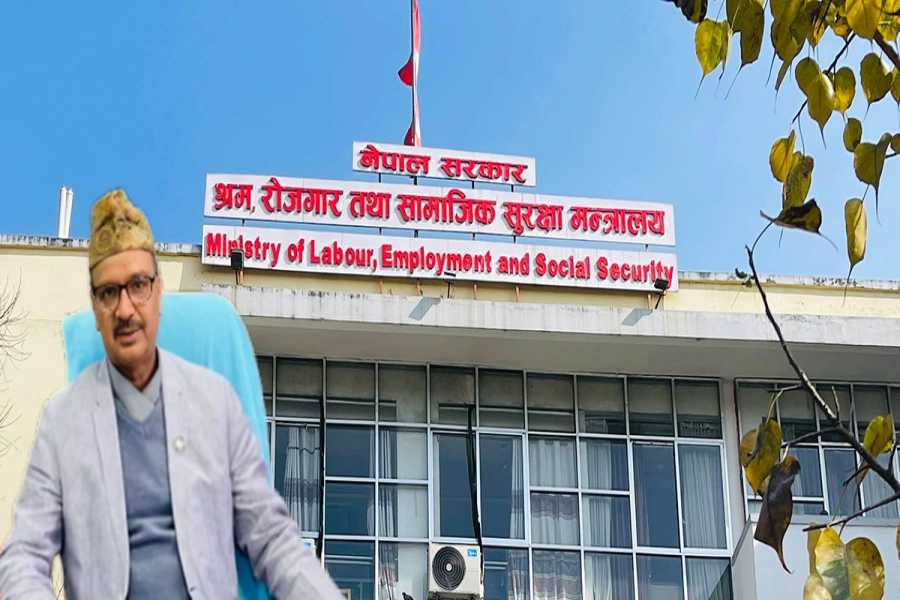In the wake of alarming imbalance in fiscal data in the first five months of the current fiscal year (2023/24), it has become imperative for our government to address the growing disparity between revenue collection and recurrent expenditure. The data, released by the Financial Comptroller General Office (FCGO), shows a stark reality: revenue collected thus far falls significantly short of meeting even the government's day-to-day expenses by Rs 86 billion, forcing it to secure loans to cover the shortfall. The present scenario underscores the urgency for the adoption of austerity measures, restructuring of bureaucratic entities, and a renewed commitment to fiscal responsibility. As of December 9, the government has accumulated Rs 345.95 billion in revenue, while expenditures have soared to Rs 432.27 billion. This fiscal imbalance, reflected in a deficit of Rs 16.4 billion, signals a concerning trend that demands immediate attention.While it is understandable to take loans for capital expenditure to foster development, resorting to loans for recurrent expenses raises serious concerns about the financial health of our government.
Take austerity measures to tackle dwindling revenue collection

Experts have rightly emphasized the need to enhance the capacity of tax administration to boost revenue collection, especially in the face of challenges such as a decrease in imports. The government's revised estimate to collect Rs 1.18 trillion in the current fiscal year appears ambitious, with only 22.89 percent of the target achieved thus far. It is crucial for the government to address this revenue deficit promptly, not only to stabilize the economy but also to fulfill its obligations without resorting to increased public debt. The alarming reliance on loans to meet day-to-day expenses is evident in the Rs 113 billion raised in public debt within the first four months of the fiscal year. The internal debt stands at Rs 97.31 billion, and the external debt at Rs 15.85 billion. As of November, the overall public debt has reached a staggering Rs 2.357 trillion, with plans to mobilize Rs 256 billion in domestic debt this year. Such a trajectory, where debt increases in tandem with a shrinking revenue base, raises concerns about the long-term economic sustainability of our nation.
While the budget size has expanded, the diminishing revenue sources have led to an escalation in public debt. It is disconcerting to witness loans being sought not only for major infrastructure projects but also for routine administrative expenses. The government's expenditure in the first quarter, at only 24.68 percent of the total target, further emphasizes the need for a comprehensive overhaul of fiscal policies. As a newspaper, we urge the government to act swiftly and decisively to address the current fiscal imbalance. Austerity measures, coupled with the restructuring of bureaucracy to enhance efficiency, are imperative. The focus should be on bolstering revenue collection, reducing unnecessary expenditures, and ensuring financial stability without relying excessively on loans. The long-term economic well-being of our nation hinges on prudent financial management, and it is time for the government to demonstrate its commitment to this critical cause.







































